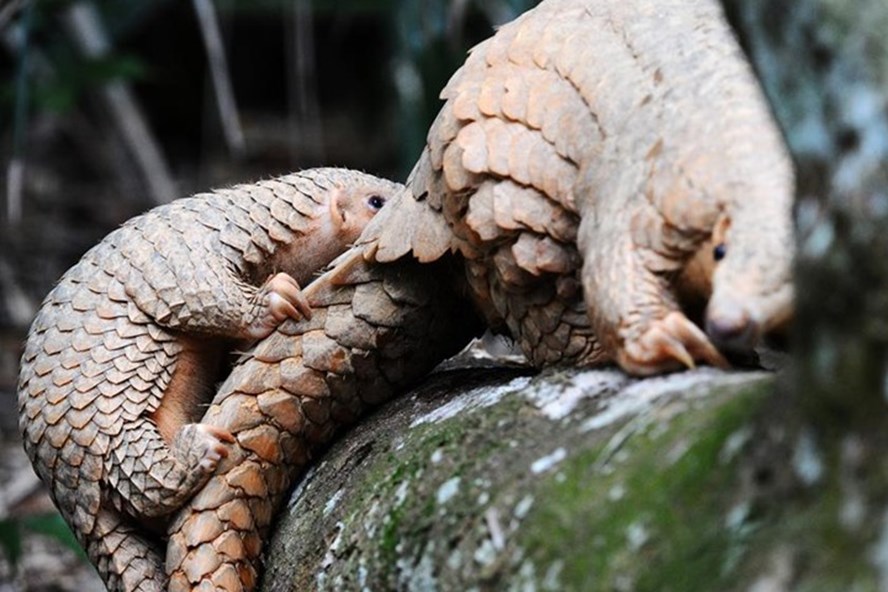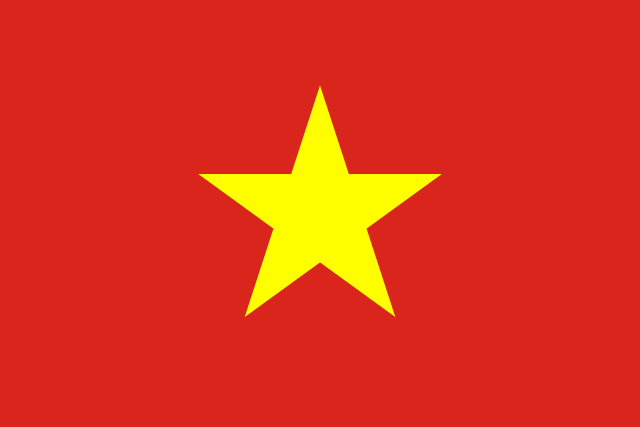ZHUHAI: Police in this province in South China’s Guangdong region have recently uncovered an animal trafficking scheme involving 8 tons of pangolin scales worth 400 million yuan ($62 million), China Central Television reported.
The number of killed pangolins is estimated to be 16,000, taking into account that the scales of one pangolin weigh about 0.5 kilograms, according to He Weiyou, a police officer from the Zhuhai Public Security Bureau.
The police first found the dens where criminal gangs stored smuggled pangolin scales, endangered wild birds and other live wild animals in July 2020, catching 17 suspects.
After six months of investigation, the police finally cracked the entire smuggling organization and arrested another 16 suspects.

The investigation revealed that most of the smuggled pangolin scales were sent to Bozhou, in East China’s Anhui Province, a city that has long been a place of distribution of ingredients for traditional Chinese medicine since ancient times.
In June 2020, China upgraded pangolins to the first-class protected wild animal category and later that year, the 2020 version of the Chinese Pharmacopoeia excluded pangolins, meaning that the mammal was officially removed from the list of ingredients of traditional Chinese medicine.
The number of pangolins in China has declined sharply in recent years and is on the verge of extinction due to changes in habitat and man-made destruction, coupled with serious poaching.
China has been strengthening the protection of wild pangolins, standardizing rescue works and improving their breeding habitat to strengthen their protection. The country also intensified the crackdown on poaching and trafficking of pangolin and related products.
China banned the hunting of wild pangolins in 2007 and stopped all commercial imports of pangolins and their derivatives from October 2018.
China has also stepped up international law enforcement cooperation in pangolin protection and has launched a full-chain crackdown with the United Nations Office on Drugs and Crime and Interpol.
The Manila Times./.

